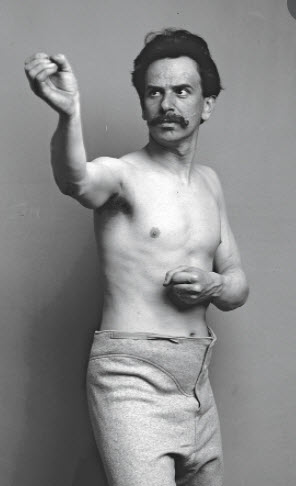 I was listening to the Fergus O’Carroll’s On Strategy podcast with Harvard professor Douglas Holt yesterday and heard some cool insights on brand planning. Mr. Holt has this thing he calls Cultural Strategy which as a student of anthropology interested me quite a bit. Brand planners have to be cultural anthropologists, as they try to nestle their selling schema into current culture — with an eye toward creating future culture. (An academic would blast me for the last part of that statement. Culture is organic, not man-made, they would caution.)
I was listening to the Fergus O’Carroll’s On Strategy podcast with Harvard professor Douglas Holt yesterday and heard some cool insights on brand planning. Mr. Holt has this thing he calls Cultural Strategy which as a student of anthropology interested me quite a bit. Brand planners have to be cultural anthropologists, as they try to nestle their selling schema into current culture — with an eye toward creating future culture. (An academic would blast me for the last part of that statement. Culture is organic, not man-made, they would caution.)
(Pictured here, Franz Boas, father of cultural anthropolgy.)
One of Douglas’s thoughts is worth dissecting: “Whoever is the symbol of the dominant ideology in the category, controls the category.” (Clearly a challenger mentality, evidenced by his follow-on point that you need to disrupt the category leader who can outspend and out-media all challengers.)
Two differing examples, the first supports Holt’s Cultural Strategy notion: when Oatly plays its save-the-planet card in oat milk messaging, that’s not an endemic product quality sell, it’s a culture sell. When I used the word “nestle” above, my point was one needs to nestle an endemic product value into the cultural lever — not use the cultural lever as your main value. With my client Handcraft, maker of the Potty Genius Potty training kit, we didn’t position around reducing disposable diapers in landfill, a cultural lever. We led with the “joys” inherent in the accomplishment. The landfill claim was a support, albeit a very good one.
Douglas Holt is certainly onto something. Most planners agree culture (and category culture) are robust insight mines. But don’t pray tell forget what is popping off the production line. Product always needs to be at the heart of any claim or proof plank.
Peace.


